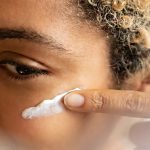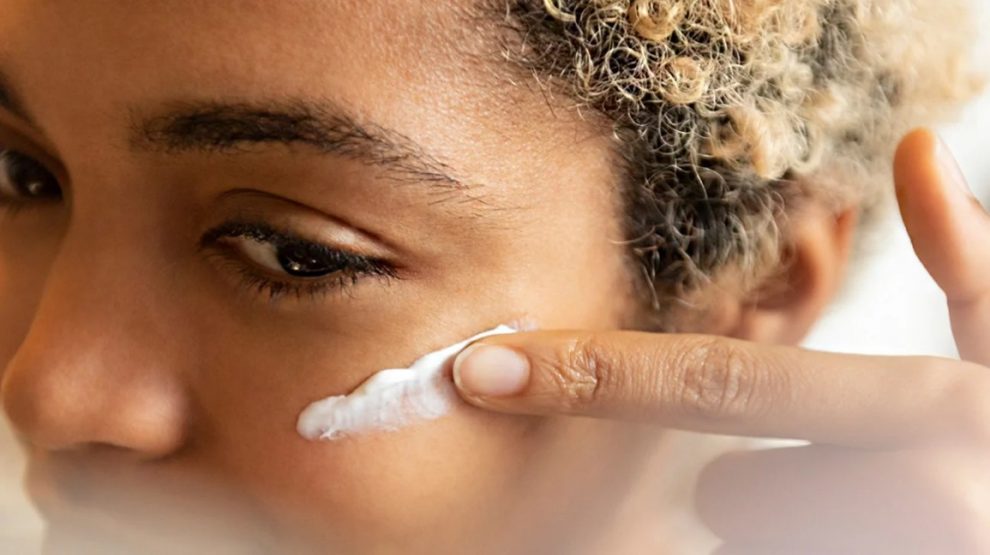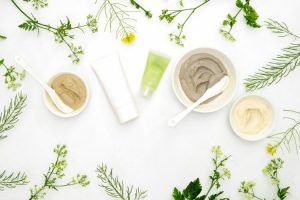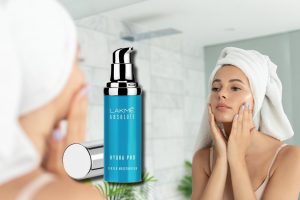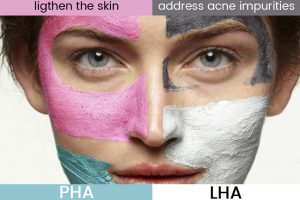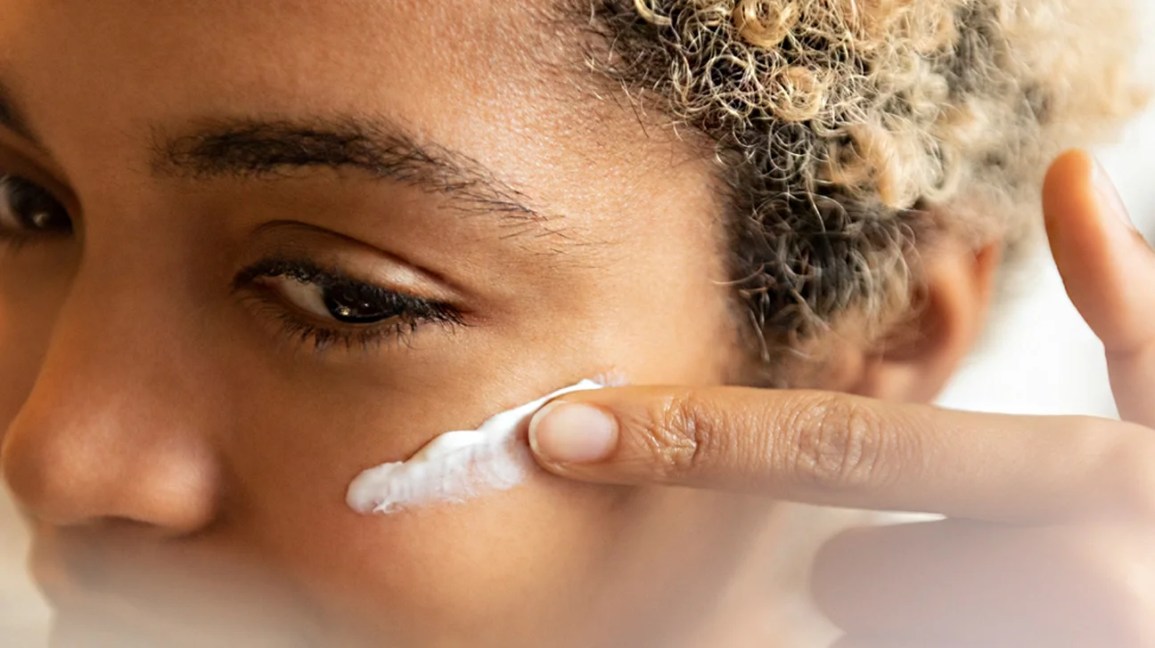
I. Introduction: The Science Behind the Beauty
Peptides may sound like a buzzword from a high-school biology textbook, but in reality, they’re making a significant splash in the world of skincare. After all, beauty isn’t merely skin-deep—it’s deeply rooted in science. As the beloved beauty pioneer Helena Rubinstein once said, “There are no ugly women, only lazy ones.” Indeed, understanding the science behind our skincare products empowers us to make informed, effective choices. So, let’s dive into the fascinating world of peptides and their impact on our skin.
II. Peptides Unveiled: The Building Blocks of Skin
Peptides are small chains of amino acids—the building blocks of proteins. In the world of skincare, peptides are of interest due to their role in constructing vital skin proteins like collagen and elastin. As we age, the production of these proteins decreases, resulting in common signs of aging such as wrinkles, loss of firmness, and skin elasticity.
By applying peptides topically, we can encourage our skin to ramp up its protein production. The result? Skin that appears more youthful, with increased firmness and resilience.
III. Peptide Varieties: A Spectrum of Skin Benefits
While the broad term “peptides” is often used in skincare, it’s essential to understand that there are many different types of peptides, each with specific benefits.
- Signal Peptides: These peptides function as messengers, signaling skin cells to perform certain tasks. For example, Matrixyl, a widely recognized signal peptide, is known for its anti-aging properties. It communicates with fibroblasts in the skin to ramp up collagen production, reducing the appearance of fine lines and wrinkles.
- Carrier Peptides: These act as delivery vehicles, transporting trace minerals (like copper) that help with wound healing and enzymatic processes. Copper peptides, for instance, are often lauded for their skin regeneration and anti-aging benefits.
- Neurotransmitter Peptides: Commonly referred to as Botox-in-a-jar, these peptides, such as Argireline, work by limiting the release of neurotransmitters, thereby reducing the facial muscle contractions that lead to expression lines.
- Enzyme Inhibitor Peptides: These work by inhibiting the enzymes that break down our skin’s structural proteins. An example is soybean peptides, which help slow the degradation of collagen and elastin, maintaining skin’s firmness and elasticity.
IV. Making the Most of Peptides in Your Skincare
Integrating peptides into your skincare routine is relatively straightforward, thanks to the variety of peptide-infused products available in the market—from serums and creams to eye treatments.
However, as skincare goddess Jennifer Aniston once advised, “You have to really become friends with your skin.” Understanding what your skin needs is crucial to select the right peptide product for you. If aging is a primary concern, consider a product with Matrixyl. If you’re targeting dull, saggy skin, a copper peptide product might be your best bet.
It’s also worth noting that peptides tend to be most effective when paired with other skin-loving ingredients like antioxidants and hydrators. For example, combining peptides with hyaluronic acid can create a synergy that hydrates and plumps your skin while promoting collagen production.
V. Conclusion: Science Meets Beauty in Your Skincare Regimen
As we journey through the realm of peptides, it’s clear that the worlds of science and beauty are intricately linked. Peptides, these small yet powerful chains of amino acids, carry the potential to transform our skin’s health and appearance significantly.
Indeed, as the revolutionary Coco Chanel said, “Nature gives you the face you have at twenty; it is up to you to merit the face you have at fifty.” Understanding the science behind skincare ingredients, such as peptides, allows us to make educated choices for our skin—choices that can lead us towards that ‘merit-worthy’ complexion at any age.
Remember, peptides are not a magic potion or a quick fix, but they are a scientifically-backed tool in our skincare arsenal. So, let’s celebrate the science in our skincare, and look forward to the beauty it brings.

